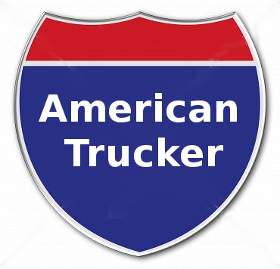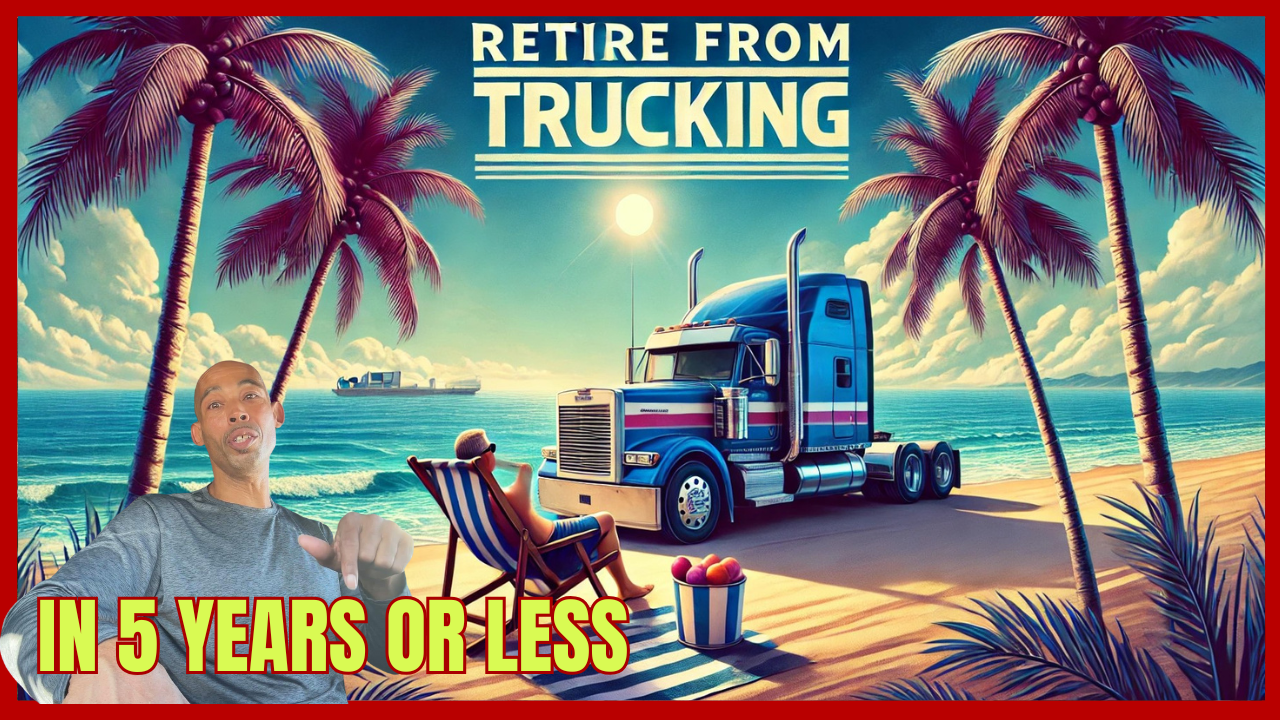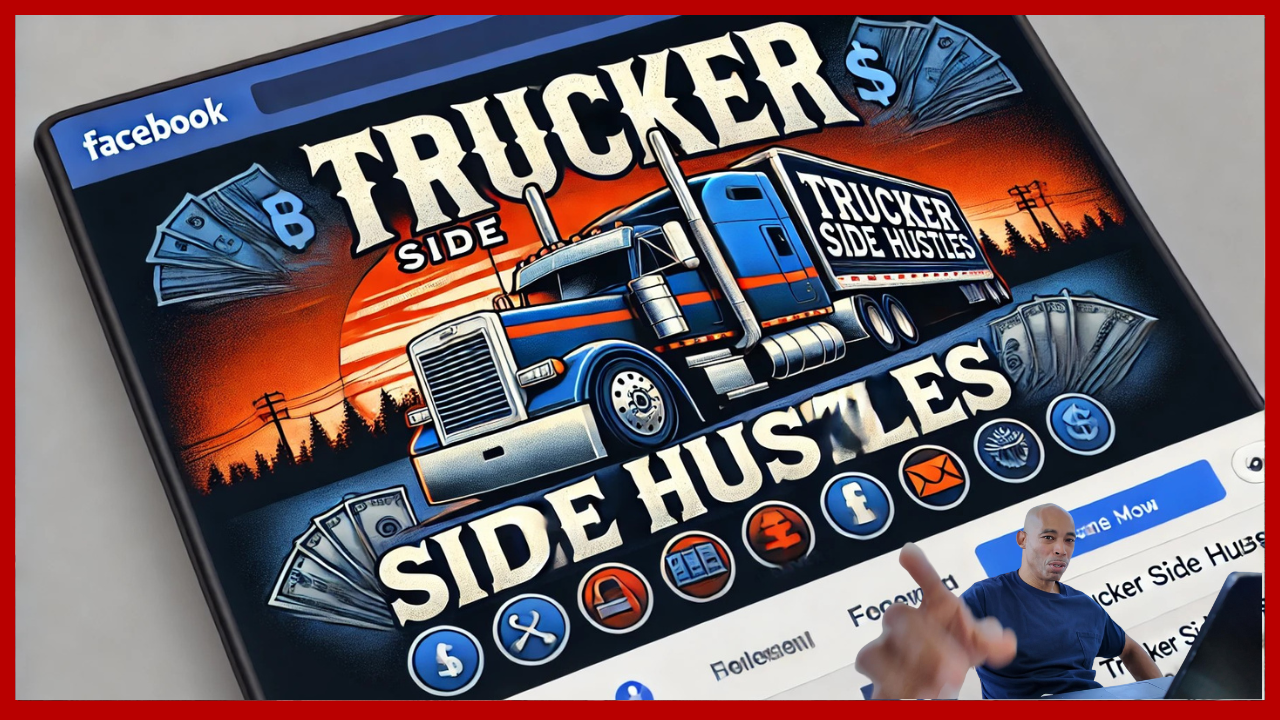Truck Leasing pt 1
by Carl
(ohio)
Carl Smith (American Trucker)
Truck Leasing 101 Guide: Is a Lease a Fast Start For Your Trucking Business or a Fast Way to Fail?
For some, the pull of the open road starts early, tugging at them while they’re still kids with the “come hither” appeal of a particularly attractive member of the opposite sex, and millions have answered that call. For thousands of drivers, driving for the company isn’t nearly enough, and they want the full experience of being in business for themselves. However, many would-be owner-operators have to face the harsh reality that financial skeletons in their closets have put their dream out of reach until their credit situation improves.
Recognizing the demand for a viable alternative, many trucking companies have put together lease purchase, lease option, and drive-to-own opportunities for drivers unable to pursue their dreams through more traditional financing sources.
The question is: Does leasing a truck from a carrier ever make financial sense for the driver — or should you avoid all of them like the plague?
The answer to that question depends upon your individual circumstances — and whose message you choose to believe.
The Carrier
From the carrier’s perspective, leasing a truck makes perfect sense for those drivers who are credit-challenged or have a lack of down payment money and other start-up costs.
Carriers have heavily marketed lease opportunities to would-drivers as a short-term path to truck ownership, and thousands of drivers have taken the bait. While the terms vary from carrier to carrier, carriers claim that leases benefit drivers in a variety of ways, including:
* Low Down Payments (in some cases — no down payment)
* Low deposits
* No long-term commitment
* Opportunity to drive up-spec equipment
* Pride of Ownership
* Relaxed credit standards (in some cases no credit checks)
* Lease completion incentives (cash back, lease buy-outs, etc.)
This gives lease operators the chance to experience first-hand the perks of ownership, while limiting their financial risk. Many carriers advertise their leases as being “walk-away” leases, meaning that the driver can simply walk away from their lease obligation if for some reason things don’t work out.
Driver Advocacy Groups
Driver advocacy groups have a different take on carrier-sponsored truck lease opportunities. Some, such as the Owner-Operator Independent Drivers Association (OOIDA) have successfully filed class-action lawsuits on behalf of drivers who have fallen prey to unfair or illegal carrier leasing practices.
In recent years OOIDA has successfully won large settlements for drivers in high profile cases against carriers such as C.R. England, Inc., Landstar, Inc., Ledar Express, and Arctic Express, Inc.
Some of the issues raised in these lawsuits have been violations of federal truth in leasing laws, the failure of carriers to return escrowed funds at the end of the lease or when it is terminated, illegal or improper deductions, and in some cases — outright fraud.
Driver Complaints
For many drivers, leasing a truck has been nothing short of a financial disaster. Instead of allowing them to experience the joys of truck ownership and the fulfillment of a dream, what they have experienced instead has been a protracted nightmare: low miles, unauthorized deductions at the hands of sometimes unscrupulous carriers, and confusing lease contracts written to heavily benefit carriers.
Many drivers have been taken advantage of by these deals and — frequently — the lease drivers are left holding the financial bag, owing their carriers more at the end of the week than they have managed to earn by driving.
Some of the chief complaints that some drivers have about these lease contracts is that most carriers
* Large Payments
* Inflated fees for insurance
* carriers that over-charge them for fuel taxes
* carrier-mandated repairs at company-owned repair facilities (with repair rates set by the carrier)
* Large deposits, escrow, and repair accounts
In addition, some drivers charge that their carriers don’t clearly spell out in the lease agreement under what terms drivers can access tire and repair money — and some carriers make it impossible to access those funds by setting very high minimum spending limits before the funds can be tapped.
Adding insult to injury, many carriers promising drivers that they can walk away from their lease obligations if things don’t work out keep escrowed repair funds and deposits if the driver elects not to complete the lease. This has caused many drivers to question whether lease opportunities are an opportunity — or a pathway to certain financial ruin.
Some Drivers ARE making money
While there’s very little doubt that leasing a truck may very well be a huge gamble for some drivers, it’s also true that there ARE drivers making money with a truck lease opportunity. Some earn a very good living.
Since there is no national database available with statistics showing how successful or unsuccessful drivers can be with truck leasing, drivers are left to form their own conclusion.
The best policy is to do your homework
If you’re determined to roll the entrepreneurial dice — and your current credit situation doesn’t allow it — you are basically left with the choices of driving a company truck until your credit situation improves or finding a trustworthy carrier from whom you can lease a truck.
If you elect to lease a truck, the best advice you can follow is to:
Talk to other drivers — If you’ve spent any time listening to truckers talk on the CB or in a truckstop, you’re very well aware that some drivers love to hear themselves talk. Some are more reliable than others, so don’t automatically assume that the picture a particular driver paints of their company bears even a faint resemblance to the reality that you’ll experience of you opt to go to work for them.
Some drivers have nothing but venom for their carrier, regardless of how driver-friendly they might be, while others will portray their carrier as heaven on Earth — even if they’re losing their shirt and are on the verge of quitting. A good report will spell out the good, the bad, and the ugly, but it will ultimately be up to you to piece it all together and decide how accurate each report is.
Carefully research carriers — Since you’re not looking for a company driving job, do a thorough job of researching carriers. While there are many outstanding companies in this industry, there are also some duds.
Keep in mind, too, that your initial point of contact at most companies will be the recruiting department — and recruiters are under constant pressure to fill seats with quality drivers. This pressure can bend some to the breaking point, which can lead to recruiters telling applicants what they want to hear in order to get them to orientation. Once you’ve signed on the dotted line and have begun leasing a truck is a terrible time to find out that a company is a poor fit. So do your homework — and ask lots of questions, being ever-mindful that the answers that you’re hearing could very well be sweet nothings designed to win your trust and entice you to agree to their sales pitch.








